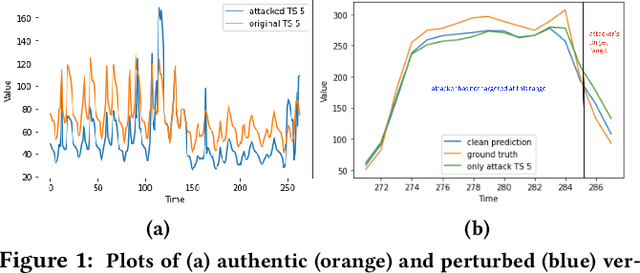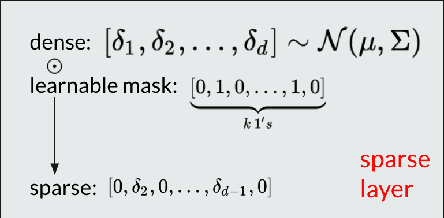Linbo Liu
Toward ground-truth optical coherence tomography via three-dimensional unsupervised deep learning processing and data
Nov 07, 2023Abstract:Optical coherence tomography (OCT) can perform non-invasive high-resolution three-dimensional (3D) imaging and has been widely used in biomedical fields, while it is inevitably affected by coherence speckle noise which degrades OCT imaging performance and restricts its applications. Here we present a novel speckle-free OCT imaging strategy, named toward-ground-truth OCT (tGT-OCT), that utilizes unsupervised 3D deep-learning processing and leverages OCT 3D imaging features to achieve speckle-free OCT imaging. Specifically, our proposed tGT-OCT utilizes an unsupervised 3D-convolution deep-learning network trained using random 3D volumetric data to distinguish and separate speckle from real structures in 3D imaging volumetric space; moreover, tGT-OCT effectively further reduces speckle noise and reveals structures that would otherwise be obscured by speckle noise while preserving spatial resolution. Results derived from different samples demonstrated the high-quality speckle-free 3D imaging performance of tGT-OCT and its advancement beyond the previous state-of-the-art.
Promoting Robustness of Randomized Smoothing: Two Cost-Effective Approaches
Oct 11, 2023Abstract:Randomized smoothing has recently attracted attentions in the field of adversarial robustness to provide provable robustness guarantees on smoothed neural network classifiers. However, existing works show that vanilla randomized smoothing usually does not provide good robustness performance and often requires (re)training techniques on the base classifier in order to boost the robustness of the resulting smoothed classifier. In this work, we propose two cost-effective approaches to boost the robustness of randomized smoothing while preserving its clean performance. The first approach introduces a new robust training method AdvMacerwhich combines adversarial training and robustness certification maximization for randomized smoothing. We show that AdvMacer can improve the robustness performance of randomized smoothing classifiers compared to SOTA baselines, while being 3x faster to train than MACER baseline. The second approach introduces a post-processing method EsbRS which greatly improves the robustness certificate based on building model ensembles. We explore different aspects of model ensembles that has not been studied by prior works and propose a novel design methodology to further improve robustness of the ensemble based on our theoretical analysis.
Towards Robust Multivariate Time-Series Forecasting: Adversarial Attacks and Defense Mechanisms
Jul 19, 2022



Abstract:As deep learning models have gradually become the main workhorse of time series forecasting, the potential vulnerability under adversarial attacks to forecasting and decision system accordingly has emerged as a main issue in recent years. Albeit such behaviors and defense mechanisms started to be investigated for the univariate time series forecasting, there are still few studies regarding the multivariate forecasting which is often preferred due to its capacity to encode correlations between different time series. In this work, we study and design adversarial attack on multivariate probabilistic forecasting models, taking into consideration attack budget constraints and the correlation architecture between multiple time series. Specifically, we investigate a sparse indirect attack that hurts the prediction of an item (time series) by only attacking the history of a small number of other items to save attacking cost. In order to combat these attacks, we also develop two defense strategies. First, we adopt randomized smoothing to multivariate time series scenario and verify its effectiveness via empirical experiments. Second, we leverage a sparse attacker to enable end-to-end adversarial training that delivers robust probabilistic forecasters. Extensive experiments on real dataset confirm that our attack schemes are powerful and our defend algorithms are more effective compared with other baseline defense mechanisms.
 Add to Chrome
Add to Chrome Add to Firefox
Add to Firefox Add to Edge
Add to Edge